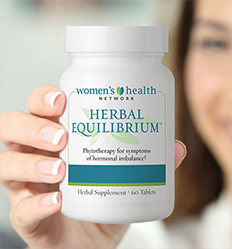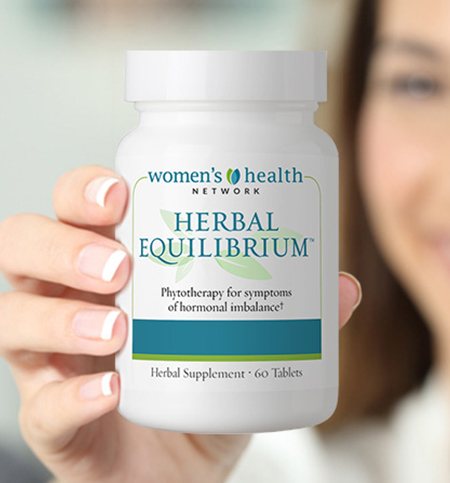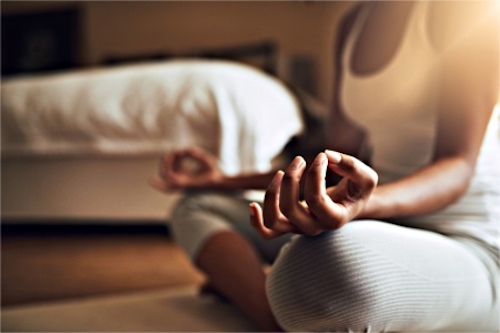By Meredith Way
When I was 30, I had my first baby — and my first gallbladder attack. About a week after giving birth, I ate some Chinese takeout and hours later ended up in the emergency room in the most excruciating pain I had ever experienced — even worse than labor! Was I having a heart attack? Had I been hit by a truck and not noticed?
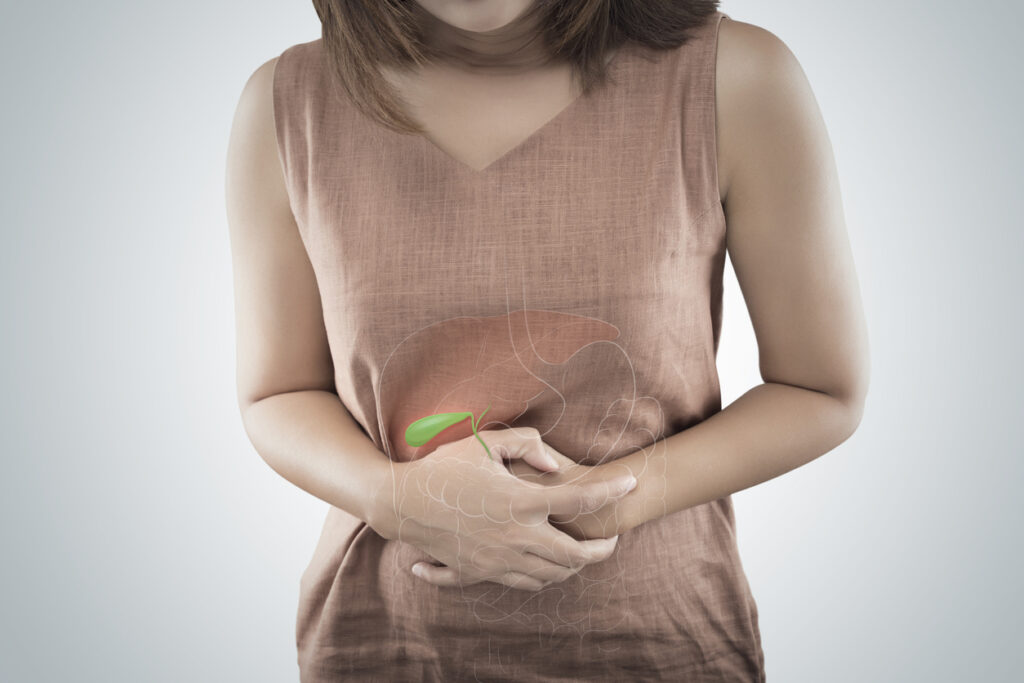
Nope, neither one, reported the ER doc, who informed me I was in the throes of a gallbladder attack.
I knew enough about gallbladder issues to know that when people have gallbladder attacks, they usually end up having their gallbladders surgically removed. My dad, my aunt and my sister had all had theirs removed in recent years. Was I next?
3 natural steps for gallbladder health
The ER doc advised that surgery might be inevitable, but when I told my naturopathic doctor about the gallbladder attack, she encouraged me to try to save this tiny organ — and even gave me some easy steps for how to do it.
1. Eat the right fat
Your gallbladder has a specific purpose. Sitting just below the liver, it’s a small pouch that’s used to store and release bile — a liquid made by the liver that helps the body digest fats. Bile is comprised of three key ingredients: cholesterol, bile salts and bilirubin. When an imbalance develops and bile contains too much cholesterol, sticky “sludge” or hardened stones of cholesterol can form.
Many people who develop gallstones usually don’t even know they have them until they eat a high fat meal and the gallbladder is called upon to release a large amount of bile. Squeezing a gallbladder that contains gallstones can lead to irritation and inflammation — and horrific pain.
To avoid attacks, people often eliminate all fat from their diets as a quick fix. This is simply not sustainable. Nor will it address the underlying problem, my naturopathic doctor explained. She recommended that I still eat fat — but only fat that is easy to digest, such as unrefined coconut oil and olive oil, nuts and seeds, avocados, salmon and chicken. Because healthy fats place less stress on the liver and gallbladder to digest, eating them gives these organs room to recover.
Fatty foods to avoid include the usual suspects: hydrogenated oils, deep fried foods and other unnatural fats that can trigger inflammation.
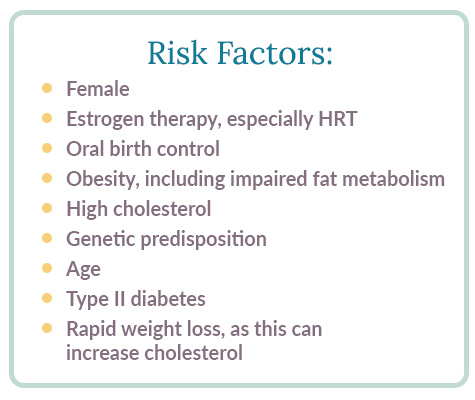
2. Make apple cider vinegar your new best friend
Apple cider vinegar (ACV) delivers a 1-2 punch to gallstones. Malic acid, a compound from apples, helps soften and dissolve gallstones, while acetic acid and other acids in the vinegar help to naturally reduce cholesterol production in the liver. Apple cider vinegar is so effective that drinking it during a gallbladder attack is often enough to stop the pain in its tracks.
To harness these amazing benefits, my naturopath recommended that I mix 2 tablespoons of raw, unfiltered ACV with a small cup of apple juice or water — and drink this concoction every day. After doing so for about a week, I felt much less bloated and gassy (two common symptoms of gallbladder dysfunction).
3. Correct hormonal imbalances
Gallstones and gallbladder issues are often connected to hormonal imbalance. Too much estrogen (estrogen dominance), for example, can trigger the liver to produce too much cholesterol. Other hormonal fluctuations can cause the flow of bile to slow down and collect in the gallbladder, creating ideal conditions for stones to form.
I’m living proof of this. After years of calm, I began to experience gallbladder pain again a few years ago just as I entered perimenopause. Working with my doctor, we identified that my liver needed help detoxing from excess estrogen. This help came in the form of the supplement DIM (diindolylmethane), a compound naturally found in cruciferous vegetables that supports normal estrogen metabolism. Once I began to take DIM regularly (in addition to watching my diet and doubling down on ACV), the gallbladder attacks once again disappeared.
15 years of success and counting
It’s now been 15 years since my original gallbladder attack that landed my in the ER. Can my gallbladder make it 15 more years — and hopefully more after that? We keep tabs on it through annual ultrasounds — and so far so good. I realize that not everyone can or should take my path. But for me, it’s worked and is working — even if it does means never eating crab rangoon again!







